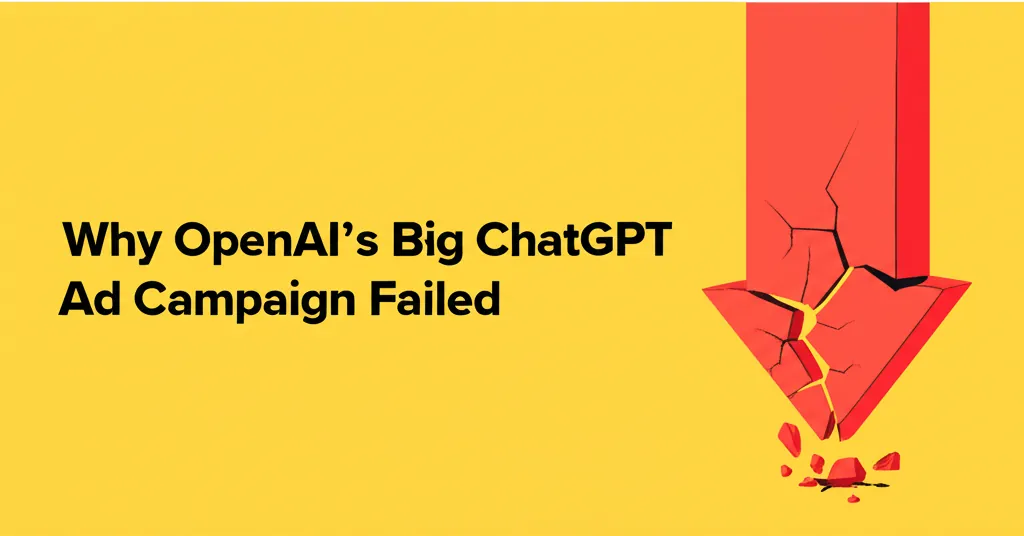Developer Offer
Try ImaginePro API with 50 Free Credits
Build and ship AI-powered visuals with Midjourney, Flux, and more — free credits refresh every month.
How ChatGPT Became My Ultimate College Study Buddy
My first year of college began with all the excitement I had anticipated: making new friends, exploring a new city, and diving into campus life. I spent my time hanging out in the dining hall, going out on weekends, and soaking in the university's social scene.
However, that all changed when exam season hit. With final exams making up over 40% of my final grade, my priorities shifted dramatically. Socializing was replaced by long, solitary days in the library surrounded by notes and problem sets. While study groups were useful for some subjects, I often needed to focus on specific topics that my peers had already mastered. Those two weeks of intense, isolated studying were some of the loneliest I've ever experienced.
When the next semester started, I couldn't shake the memory of that isolation. Then, while exploring new AI tools, I discovered ChatGPT's new voice feature, which allowed for back-and-forth conversation. It was a discovery that would completely revolutionize my study habits.
Setting Up My AI Study Buddy
I had always been cautious about using AI tools for academic work unless a professor specifically permitted it. But this felt different. It sparked an idea: could I use AI not to cheat, but to genuinely learn and understand the material on a deeper level?
Before my next round of exams, I decided to give it a try. Instead of just rereading my notes in silence, I uploaded my course materials to ChatGPT and began engaging with the AI's voice mode. I asked it to explain complex concepts I was struggling with, brainstorm arguments for essays, and help me organize my thoughts. I selected a voice option that sounded remarkably human. As I studied, I not only felt a stronger grasp of the material, but the conversational format also made me feel significantly less alone.
A Surprisingly Helpful Study Partner
For two to three hours a day, ChatGPT became my dedicated study partner for three of my five courses. For the other two, which had ambiguous academic integrity policies or required traditional problem-solving, I stuck to my old methods. The AI was always available, endlessly patient, and skilled at helping me build my own understanding.
Of course, there were occasional hiccups. Sometimes it would try to give me a direct answer when I had specifically asked it not to. But for the most part, once I made it clear that I wanted guidance and not solutions, it would offer helpful tips to get me through tough spots. This method was perfect for me, as I've always learned best by talking things through. In the past, this meant relying on professors during office hours or finding classmates to discuss ideas. During the intensity of exam season, that kind of support isn't always accessible. ChatGPT gave me an on-demand tutor, available 24/7.
The Unexpectedly Natural Conversation
What surprised me most was how natural the interaction felt. The voice feature made it less robotic and more like a genuine dialogue. I was always aware I was talking to an AI, but its assistance was undeniable. Simply having a voice to talk to during long, quiet hours of studying was strangely comforting.
It's important to clarify that the AI didn't write my exams or give me answers. I wouldn't have wanted it to, as I value the skills I gain from learning far more than the final grade. Instead, it facilitated my learning process. It helped me process ideas in a dynamic way that textbooks and silence never could, transforming studying from something like solitary confinement into an engaging intellectual conversation.
A New Essential for My Study Routine
I often think back to the isolation of my first exam period. Now, I have a powerful tool that not only makes my studying more effective but also makes the entire process feel less lonely. For a first-year student navigating the dual pressures of academic performance and personal growth, this has been an incredible help.
While many people are rightfully concerned about AI being used for cheating, my experience showed me that it can be a powerful tool to enhance learning, not replace it. For me, AI didn't replace the hard work of studying—it just made it a more engaging and collaborative experience.
Compare Plans & Pricing
Find the plan that matches your workload and unlock full access to ImaginePro.
| Plan | Price | Highlights |
|---|---|---|
| Standard | $8 / month |
|
| Premium | $20 / month |
|
Need custom terms? Talk to us to tailor credits, rate limits, or deployment options.
View All Pricing Details

